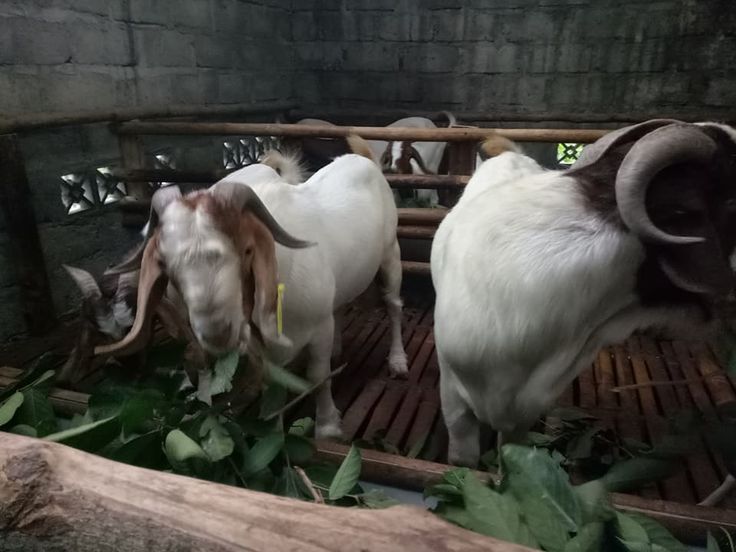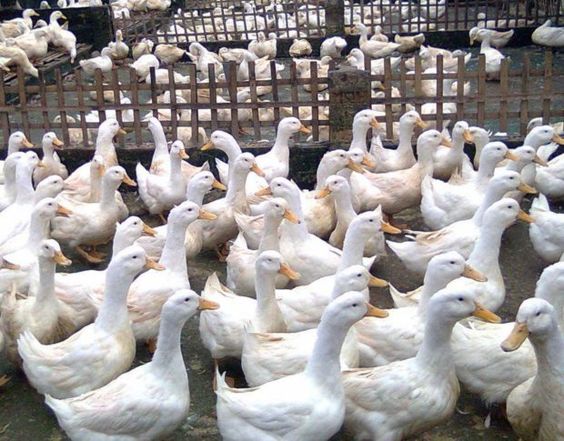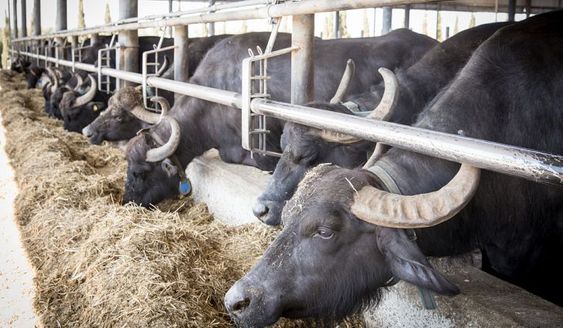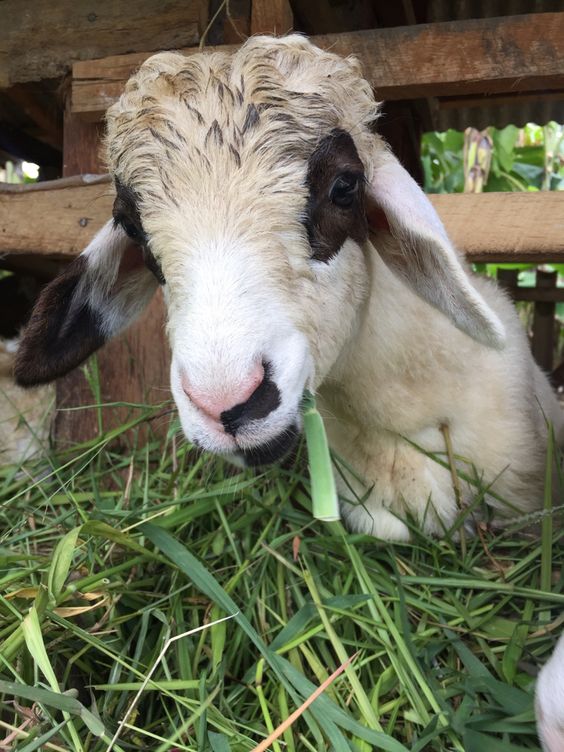Goat Farming Business: A Comprehensive Guide
Goat Farming Business, humble goat, often overshadowed by its larger cousin the sheep, offers a surprisingly versatile and potentially profitable agribusiness opportunity. Goat farming, when approached with proper planning and execution, can be a rewarding venture that provides a sustainable income while fostering a connection with nature and these interesting creatures. This comprehensive guide delves into the world of goat farming, exploring its benefits, objectives, considerations, best practices, and valuable insights to empower you on your path to goat farming success.
Goat Farming Business
Goat Farming Business,Domesticated for over 10,0 years, goats have played a vital role in human societies across the globe. They are known for their adaptability, hardiness, and ability to thrive on various terrains and climates. Today, goat farming offers a multitude of products, including:
- Meat: Goat meat, also known as chevon, is a lean, protein-rich source of red meat gaining popularity for its health benefits and lower fat content compared to traditional red meats.
- Milk: Goat milk is a rich source of essential nutrients, often preferred by those with cow milk sensitivities. It’s used in cheesemaking, yogurt production, and consumed directly.
- Fiber: Goat breeds like Angora and Cashmere produce luxurious fibers used in the production of high-quality textiles like mohair and cashmere wool.
- Manure: Goat manure is a valuable organic fertilizer prized by gardeners and farmers for its nutrient content and soil-enriching properties.
Benefits of Goat Farming Business
Goat Farming Business boasts several advantages that make it an attractive agricultural pursuit:
- Relatively Low Startup Costs: Compared to larger livestock, goats require less upfront investment in terms of land, housing, and feed. Their smaller size allows for efficient use of space and resources.
- High Profit Potential: Goats offer a variety of income streams through meat, milk, fiber, and manure sales. The growing demand for goat products can translate into a healthy return on investment.
- Low Maintenance: Goats are generally hardy animals with minimal health complications. They require less intensive care compared to other livestock, making them suitable for both experienced and novice farmers.
- Adaptability: Goats can thrive in diverse climates and terrains, from arid regions to mountainous areas. They can efficiently convert brush and weeds into valuable meat and milk, making them excellent options for land management and weed control.
- Environmental Sustainability: Goats are known for their efficient browsing habits. They can help control invasive plant species and promote biodiversity by clearing overgrown areas. Their manure is a valuable organic fertilizer that can help improve soil health and fertility.
Objectives of a Goat Farming Business
Goat Farming Business,Before embarking on your goat farming journey, it’s crucial to define your business objectives. Here are some key considerations:
- Target Market: Identify your target market. Are you aiming to produce meat for local butcher shops or restaurants? Are you focusing on a niche market for goat milk or fiber products? Understanding your target audience will guide your breed selection, marketing strategies, and overall business plan.
- Scale of Operation: Will you start with a small herd for personal consumption or a larger-scale operation for commercial purposes? Deciding on the scale of your farm will influence factors like land requirements, infrastructure needs, and labor considerations.
- Product Focus: Determine your primary product focus. Will you concentrate on meat production, dairy farming, fiber production, or a combination? Focusing on a specific product allows you to optimize your goat breed selection, feeding strategies, and equipment needs.
Developing Your Goat Farming Business Plan
Goat Farming Business,A well-defined business plan is the cornerstone of any successful goat farming operation. Your plan should encompass the following elements:
- Market Research: Analyze the goat product market in your area. Identify potential buyers, understand current market trends, and assess the level of competition.
- Financial Projections: Develop a comprehensive financial plan that includes startup costs, ongoing operational expenses, projected income streams, and break-even analysis.
- Land and Infrastructure: Secure suitable land with adequate space for grazing, housing, and waste management. Plan and budget for fencing, shelters, feeding equipment, and milking facilities (if applicable).
- Goat Breed Selection: Research different goat breeds based on your objectives and climate. Consider factors like meat production potential, milk yield, fiber quality, and temperament when choosing your breeds.
- Feeding and Nutrition: Develop a sound feeding program that provides your goats with the necessary nutrients for optimal health and productivity. This may include a combination of pasture grazing, hay, grains, and mineral supplements.
- Breeding and Herd Management: Establish a breeding plan to maintain a healthy and productive herd. Implement strategies for herd health management, including vaccinations, parasite control, and routine veterinary care.
Best Practices for Goat Farming Business
Success in Goat Farming Business hinges on implementing best practices across various aspects of your operation. Here are some key areas to focus on:
- Housing and Shelter: Provide your goats with clean, well-ventilated shelters that protect them from extreme weather conditions. Ensure proper drainage and adequate space for movement and socialization.
- Pasture Management: Maintain healthy pastures by implementing rotational grazing practices. This allows for pasture rejuvenation and prevents overgrazing.
- Feeding Practices: Develop a balanced feeding program that meets the nutritional needs of your goats at different life stages. Provide access to clean water at all times.
- Biosecurity: Implement biosecurity measures to minimize the risk of disease outbreaks. This includes quarantine procedures for new animals, maintaining a clean environment, and proper waste management practices.
- Animal Welfare: Prioritize the well-being of your goats by providing them with a comfortable environment, proper nutrition, and humane handling practices.
Considerations for Different Products
While Goat Farming Business offers a variety of products, some considerations specific to each product require attention:
- Meat Production: Choose goat breeds known for their meat quality and growth rate. Develop a feeding program that promotes muscle development. Implement proper slaughter and processing techniques to ensure high-quality meat products.
- Dairy Production: Select dairy goat breeds known for high milk yield. Invest in milking equipment and facilities that meet hygiene standards. Develop a milking schedule and proper milk handling practices to maintain milk quality.
- Fiber Production: Focus on breeds renowned for their fiber quality, such as Angora and Cashmere goats. Brush their coats regularly and maintain proper shearing techniques to ensure the highest fiber quality.
Value-Added Products and Diversification
Beyond core products like meat, milk, and fiber, you can explore opportunities to diversify your income streams by creating value-added products. Here are some potential ideas:
- Cheesemaking: Goat milk is a preferred choice for cheese production due to its unique flavor and properties. You can produce a variety of goat cheeses for local markets or direct sales.
- Soap and Lotion Production: Goat milk soap and lotions are gaining popularity for their moisturizing properties. Consider creating your own brand of goat milk-based body care products.
- Agrotourism: Open your farm to visitors for educational tours, goat yoga sessions, or “meet the goats” experiences. This can be a fun way to connect with your community and generate additional revenue.
Challenges and Considerations
Goat Farming Business, while rewarding, presents some challenges to consider:
- Predators: Goats can be vulnerable to predators like coyotes or foxes. Implement appropriate fencing and predator deterrents to protect your herd.
- Parasite Control: Regular parasite control measures are essential for maintaining herd health and optimal productivity.
- Marketing: Reaching your target market and effectively selling your goat products can be challenging. Developing a strong marketing strategy and building relationships with potential buyers is crucial.
- Labor: Goat farming requires regular care and attention. Consider your labor needs and resources when planning your operation.






